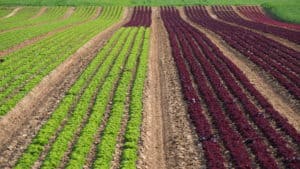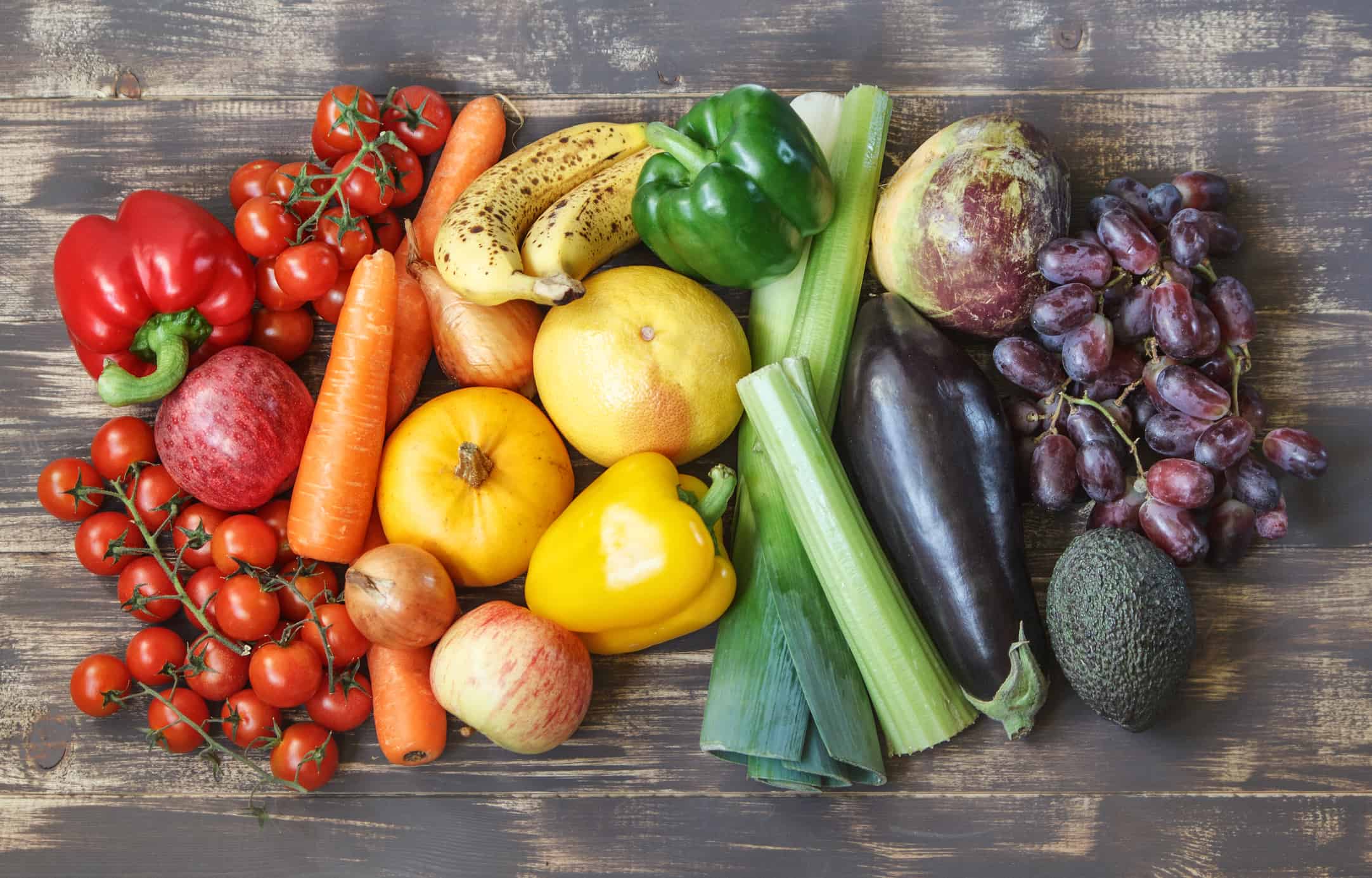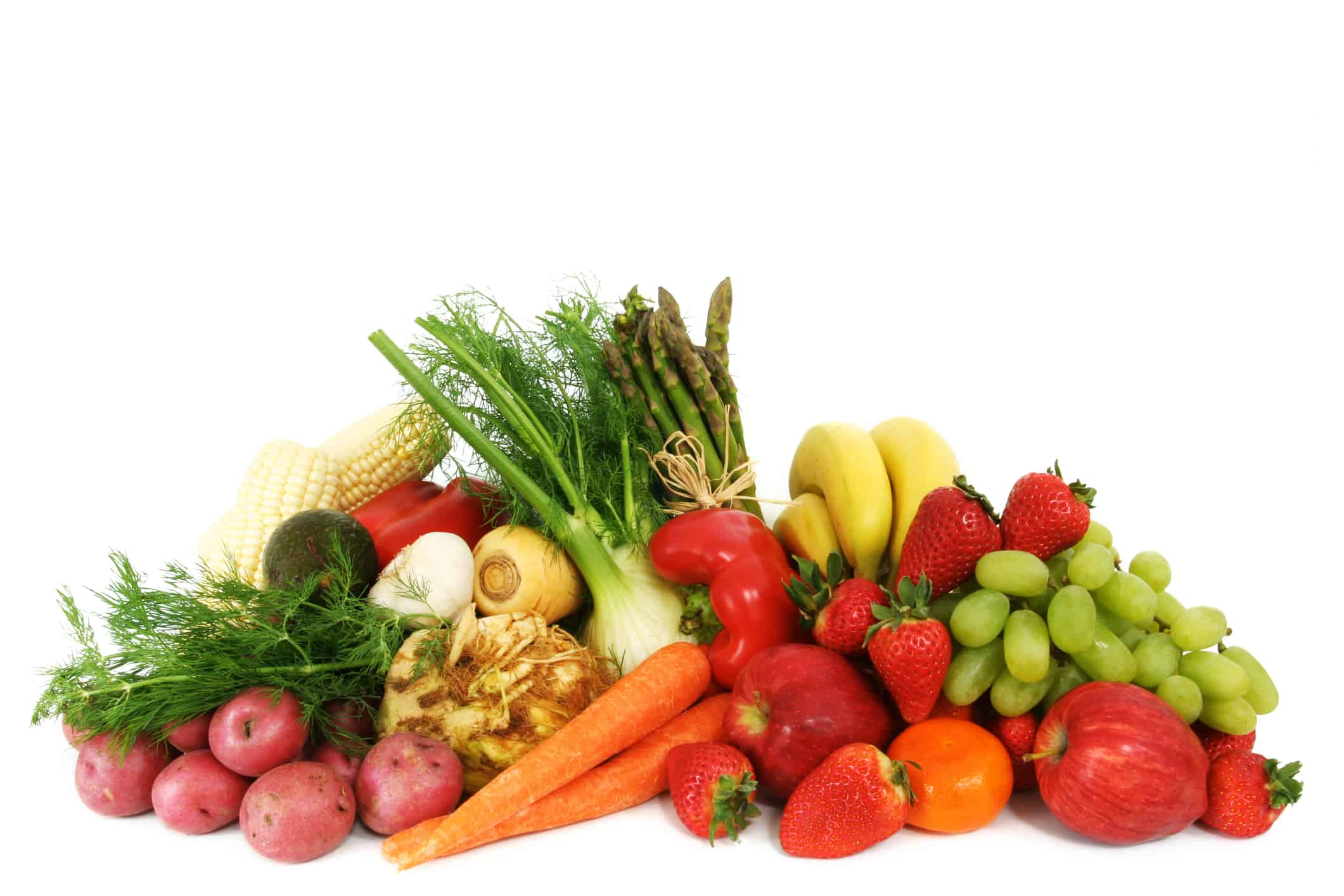Sustainable Agriculture & Nutrition Security Snapshot
ILSI’s programs in sustainable agriculture and nutrition security deal with the challenges of increased food demand and impacts of climate change on food systems through an informed, collaborative approach.
Food Science Contributions to Reduce Food Waste
ILSI Argentina hosted a seminar titled “Food Science Contributions to Reduce Food Waste.” The seminar was part of the National Program for the Reduction of Food Waste.

Speakers included experts from academia, government, food technologists, and packaging associations. Their presentations focused on how packaging and new packaging technologies can contribute to the reduction of food waste. The seminar also discussed consumers’ point of view, how much consumers know about food waste and food preservation, and the technologies currently available to allow for better food preservation.

Sustainable Food System and Diets: Implication and Relevance for Nutrition Security
Feeding a growing population while ensuring the food is nutritious has emerged as a major challenge faced by governments and health authorities of many developing countries. It is recognized that agri-food production and supply systems need to be more productive and efficient, as well as sustainable with the least negative environmental impact for the future. Establishing key metrics and appropriate indicators to assess status such as resilience of the food system, nutrition adequacy, dietary quality, and diversity, will help to identify and fill gaps and measure progress towards attaining nutrition security.
ILSI Southeast Asia Region organized a symposium, “Sustainable Food System & Diets—Implication & Relevance for Nutrition Security,” in October, in conjunction with the International Rice Congress in Singapore. The meeting highlighted the challenges in sustainable food systems and nutrition security in Asia, discussed utilization of metrics for intervention, as well as the harnessing of innovation and new technologies. A panel discussion was also held to discuss and elucidate strategies to transform nutrition security challenges into opportunities for the future.

How long will we be able to feed our world?
ILSI’s programs in sustainable agriculture and nutrition security deal with the challenges of increased global food demand and regional impacts of climate change in an informed, collaborative, and sustainable manner.
The world faces an escalating challenge to produce sufficient staple food crops in the face of multiple constraints: climate change; resource scarcity; and ecosystem preservation. Although agricultural production has increased significantly, it is not keeping pace with demand. This is especially true of important staples, such as cassava and rice, where gains in yield have been comparatively lower than for commodities like maize and soy bean.
Already, today, one in seven people worldwide suffer malnutrition and yet recent studies suggest crop production would need to double to keep pace with projected food demands. Population growth, increased consumption of meat, and more resources devoted to bioenergy production are all stressing our ability to adequately feed the world.
